Where Are The Top Boutique Hotels In The World Located?
The boutique hotels concept is believed to have been introduced around the 1980s when they began appearing in major cities like London, New York, and San Francisco. The word “boutique” was first used by an American entrepreneur and hotelier Ian Schrager, who, together with his business partner Steve Rubell, opened New York’s Morgans Hotel (now closed) in 1984. There is no specific definition, but they are largely characterised by their smaller size, personalised service and local personality. This personality or character can vary dramatically depending on where the hotel is located. Boutique hotels are usually small, with just 10 to 100 rooms. They are deluxe accommodations with individualised unique selling points .
Today’s brand of boutique hotels is sleek, sexy, dressed to impress, and Instagrammable at every corner. No matter which city or country they are in, these boutique hotels are designed to cater to the individual. They entice us with their stylish, glossy interiors and stimulate our senses with their intimate services. Since they began, boutique hotels have increased in popularity. So much so, that many major hotel chains have started their own boutique brands. Although as mentioned above, there isn’t an exact definition of the term “boutique hotel”, the genre does have a few common features. They are:
Size
A boutique hotel, compared to a regular hotel, is smaller. Due to its size, each room gets a more intimate touch, allowing the hotel to deliver personalised guest services and experiences.
Personalised Services
Due to the petite size of the boutique hotels, highly personalised service is their hallmark. They offer the right dose of privacy and friendly service. The staff will know your name and may also offer bespoke luxury amenities such as an extensive pillow menu or custom toiletries, spa services or customised guides on the area, all depending on your preference. This creates a very high-quality, unique experience for the traveller, which aren’t always found in larger establishments.
Location
Boutique hotels are usually located in the heart of the city’s cultural and artistic spots. Each boutique hotel is tailored to its geographic location and neighbourhood, so that it can remind the traveller of where they are. Often, the location conveys a strong sense of place and pride for the boutique hotel’s heritage. For example the Rancho Pacifico in Uvita, Costa Rica is located in the only part of Costa Rica where the mountains meet the sea. As a result, guests get to enjoy amazing natural beauty and wildlife that they will not find anywhere else. Sitting in the cool mountain breeze nearly 2,000 feet above sea level, the resort offers commanding views of the Pacific Ocean.
The Riad Kheirredine in Marrakech, Morocco is situated in the heart of the ancient city of the medina. The ancient city, dating back to the 11th century, embraces guests with its bustling streets and souks. The Riad offers the best of the adventurous city, with guides to hidden corners of Morocco, and the sights and smells of the Old Town.
Design And Decor
The appeal of a boutique hotel also lies in its design and decor. Along with its customised services such as a yoga or cookery class, a library of interesting books, an all-day grazing menu or a curated list of cocktails, brilliant boutique hotels also feature designer decor, and smart tech with features like Smart Thermostats, Light sensors, Keyless Entry etc.
The look of the hotel plays a major role in adding a touch of individuality. Most boutique hotels locally source high-quality materials, designer furnishings and combine them with quirky design sensibilities to create a memorable visual experience for the travellers. Along with the decor, bespoke amenities like plush baths, or organic toiletries contribute to an atmosphere of luxury and comfort. Moreover, a lot of attention is given to adding Insta-worthy spots. The Hanging Gardens Of Bali in Indonesia offers an extraordinary infinity pool view:
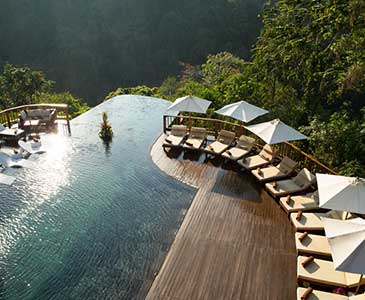
Generally, boutique hotels have a contemporary, chic and stylish vibe. The rooms are usually individually decorated and therefore, follow artistic and style-forward decor. Although the decor and design of these hotels lean towards providing elegance and luxury, they tend to avoid going overboard with their prices. Therefore, boutique hotels are a perfect compromise between budget stays like hostels and dorms, and 5-star hotels.
Unique In Character
Most boutique hotels employ their knowledge in design and decor to create a distinguished personality for their spaces. This is why boutique hotels pay attention to perfecting even the smallest details of their space. They usually combine interesting architecture, artistic furnishings, while playing with different styles of decor to create character. For example, the Relais & Chateaux Hotel Heritage in Bruges, Belgium, has 22 rooms all dripping in classical elegance, characterised by individual decoration, and soft furnishings with well-appointed bathrooms. A former residence of Bruges’ aristocracy, this exclusive boutique hotel is built in a Neoclassical architectural style, which the hotel has maintained with classically-styled rooms and adding iPads and beautiful marble-laid bathrooms.
Unlike most hotels that don’t mind having the same style of accommodation, boutique hotels try their best to stand out. Their contemporary vibe and a quirky, modern spirit offer their guests a one-of-a-kind stay. Which is why some of them are particularly known for their eccentric and eclectic choice of decor and ensuing personality. Some boutique hotels play with themes that run through the hotel, such as desserts at the Cake Hotel in London or the Village Igloo Blacksheep in La Plagne, France which lets you experience a stay in an igloo. Whether a boutique hotel is independently owned or a member of a luxury hotel brand or association, it has an independent attitude and works hard to not feel like a corporate hotel.
Influence Of The Culture
Typically, hotel teams associated with the boutique hotels offer deep knowledge of the local neighbourhood and local community. The hotel strives to provide authentic options of food and beverage along with its distinctive architecture and experiences that reflect each property’s unique destination. They try to provide the ultimate in lifestyle living. Therefore their exclusive high quality and authentic cuisine at their restaurants and bars tend to be hip, trendy and locally-sourced.
Also Read: 6 luxurious eco-friendly hotels around the world
Here Are The Best Boutique Hotels Around The World:
Emaho Sekawa, Fiji, South Pacific
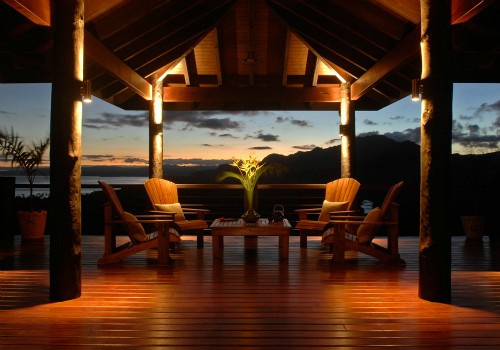
Riad Kheirredine, Marrakech, Morocco
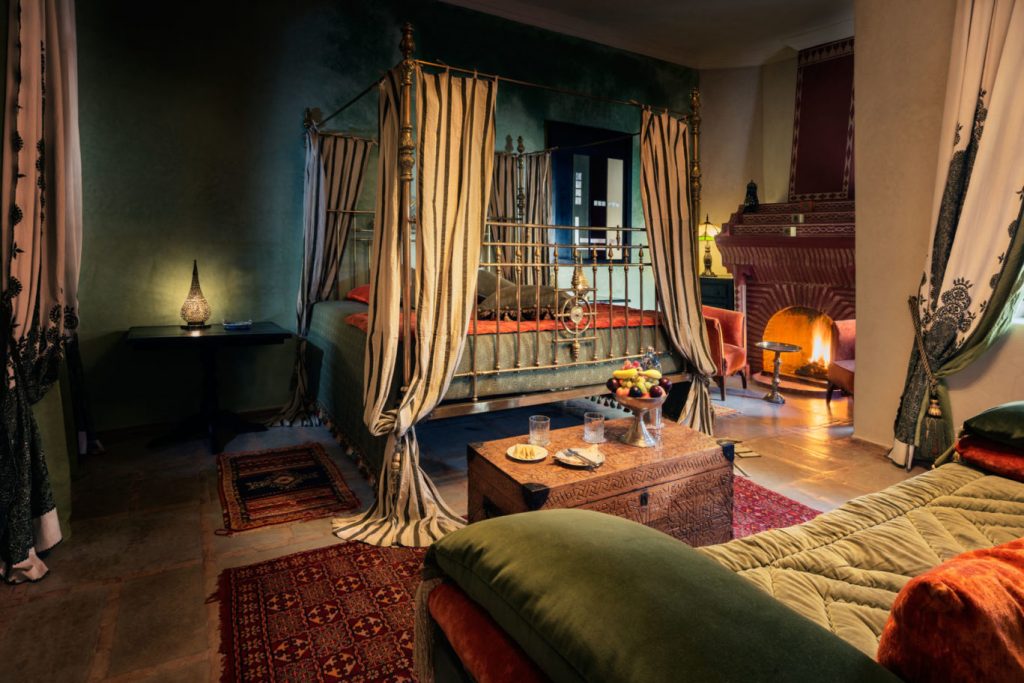
Relais & Chateaux Hotel Heritage, Bruges, Belgium

Velaa Private Island, Maldives
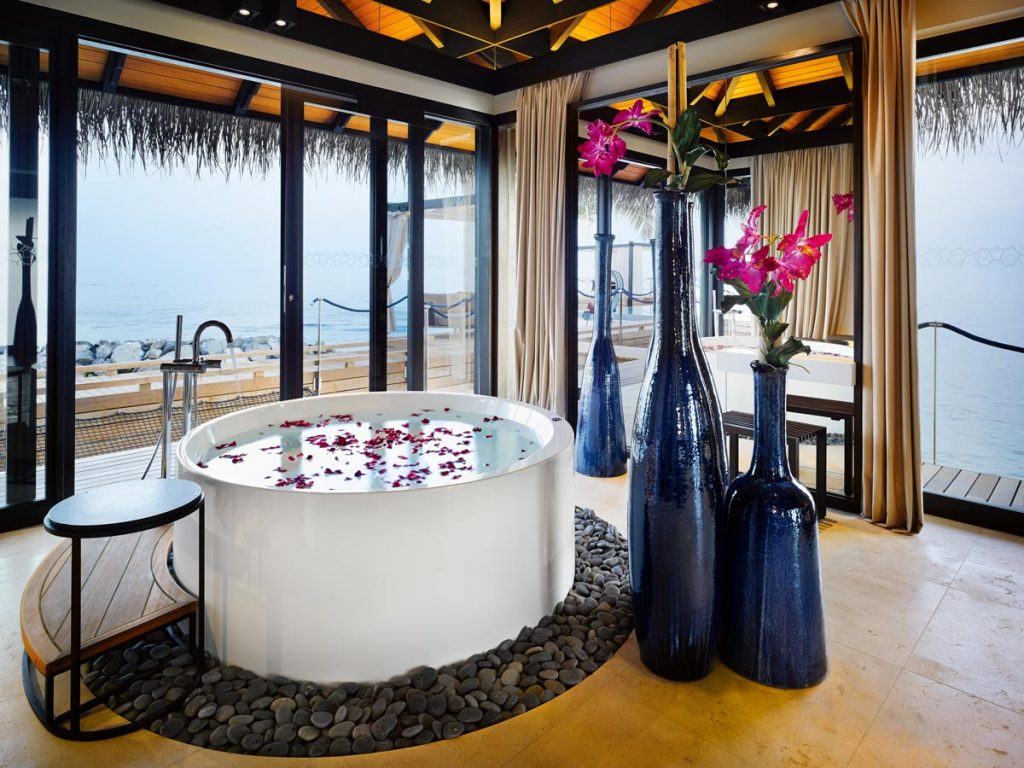
Byblos Art Hotel, Verona, Italy
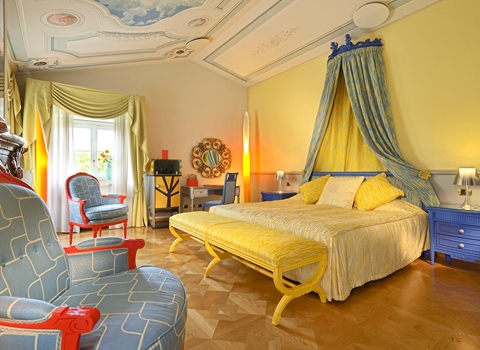
Drake Bay Getaway Resort, Costa Rica

Te Koi The Lodge At Bronte, New Zealand
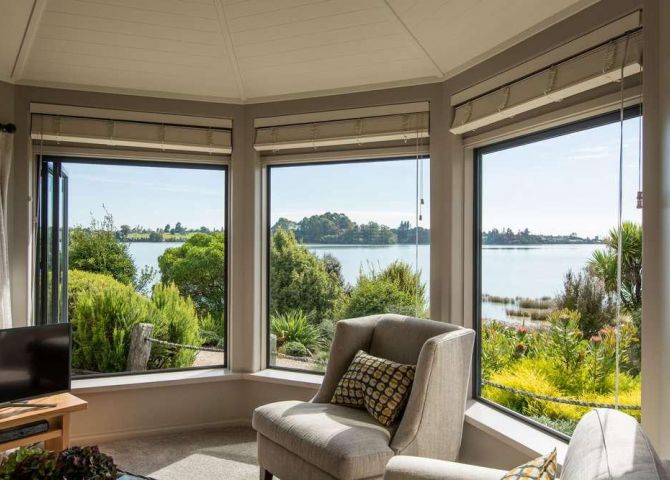
Arctic Light Hotel, Rovaniemi, Finland
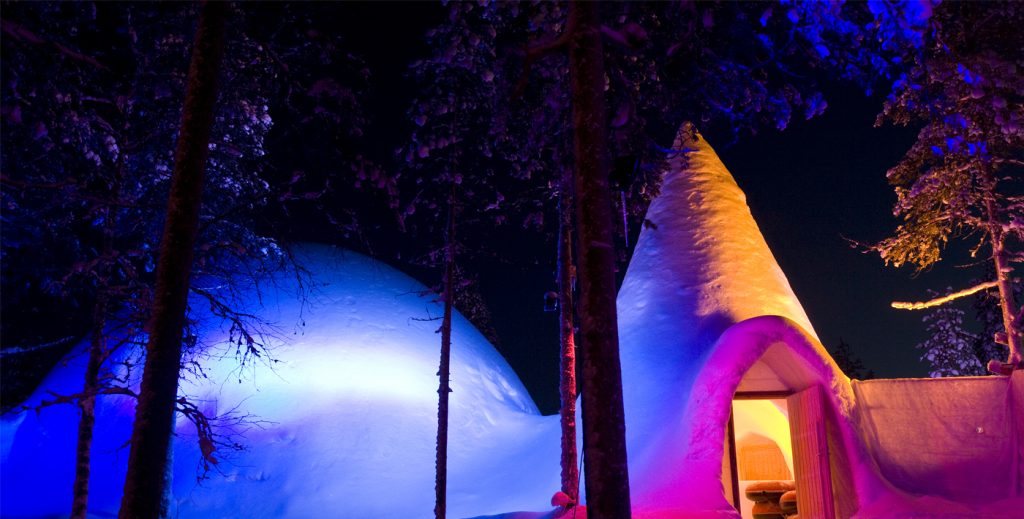
Green Spa Resort Stanglwirt, Austria
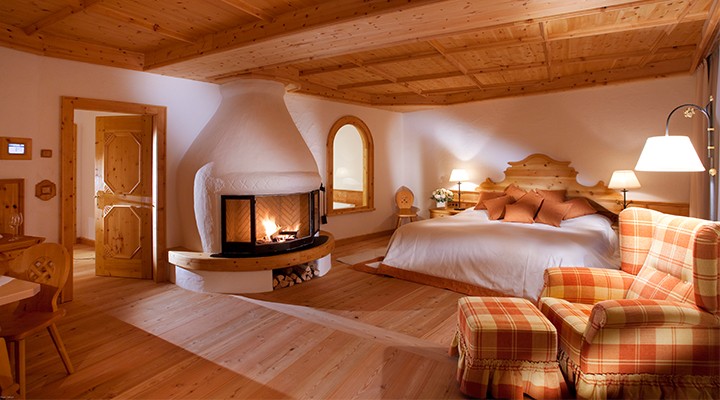
Rancho Pacifico, Uvita, Costa Rica

Donkey Bay Inn, Russell, New Zealand
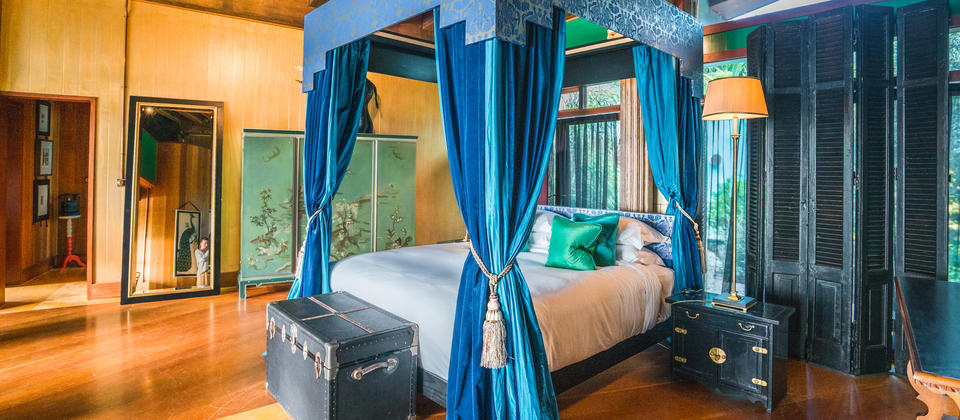
Masseria San Domenico, Puglia, Italy

Hanging Gardens Of Bali, Bali, Indonesia
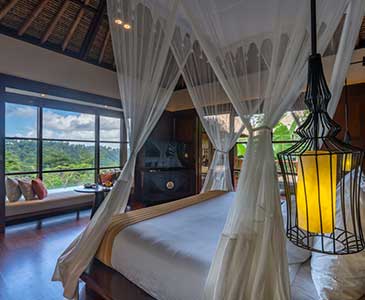
Chitwa Chitwa Private Game Lodge, Greater Kruger, South Africa
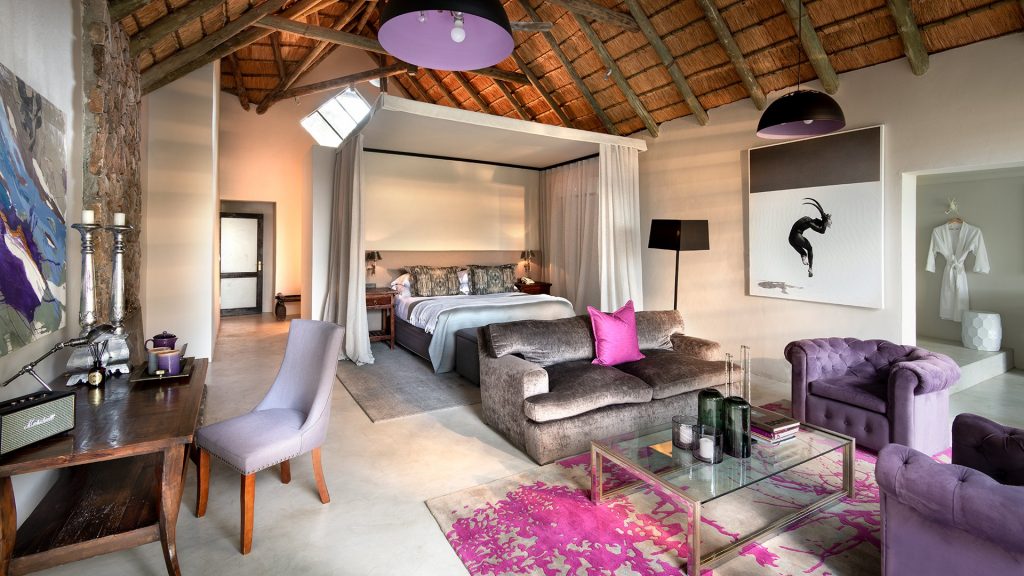
Travel To The World’s Boutique Hotels
The clientele served by the boutique hotel is not as defined by an age demographic as they are by an attitude. Ranging from Xennials to millennials and Gen Zers, these fashionable hotels cater to those who are interested in a stay that is culturally informed. They also cater to middle-class travellers who would like to enjoy the privacy and luxury of staying in a hotel without splurging. If you have been to a particularly gorgeous boutique hotel, tell us all about your experience in the comments below.
Also Read: 15 Of The Most Expensive Hotels In The World
from Travel.Earth https://ift.tt/3h9Tget

0 Comments